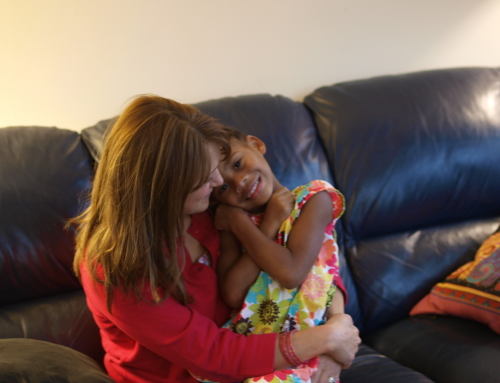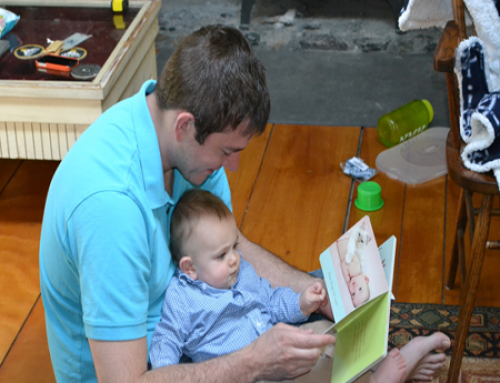What are some of the brain-based factors that may pose special difficulties for children?
1. High rate of executive function difficulties: that is having trouble with focusing attention, inhibiting impulses, making plans, developing strategies based on comprehension, and self-regulation. These are brain functions that make it more difficult to behave appropriately, to learn effectively, and to interact in a socially appropriate manner. Children with executive functioning have a hard time with effortful attention, getting the big picture rather than focusing on details, generalizing learning from one situation to another, motivating themselves, and accessing memory—especially auditory memory.
2. High rate of learning disabilities and attention deficit disorder. In The Mystery of Risk, author Ira Chasnoff puts the rate of ADD after prenatal exposure at 76% (NTI, Upstream, 2010). Overlapping the executive dysfunction, there is a high rate of difficulty with information from the senses, i.e. visual-motor problems, auditory processing problems, sensory sensitivities? Often these children are only caught has having neurocognitive deficits when there is specific testing by a neuropsychologist.
3. Social skills can be more difficult. The children can miss the social cues that help them to understand and respond to the feelings of others. This affects their friendships and their family relationships.
4. The children may be less mature than their peers. They have lost time emotionally, due to deprivation. They have a harder time with the demands of children their chronological age.
5. The children may have a harder time trusting in adults’ effectiveness in protecting them, trusting that their lives will be safer, or trusting in their own reactions to life stresses. They may react with a mixture of hopelessness, anxiety, and/or control as they relate to their parents and others.
What are some of the factors that are special strengths for parents?
1. Parents have a “secure state of mind towards attachment.”
2. Parents are sensitive and effective in working with their children.
3. Parents have access to adequate resources from adoption agencies in helping them with information on community resources and educating them on risks.
4. Parents can access system of services for children.
5. Parents who are able to advocate strongly for their children are considered families with special strengths.
6. Families have a strong support network.
7. Families are able to plan for self-care. They have margins of time and energy made possible by adequate rest and breaks.
8. Parents have resolved grief and loss issues that may include infertility, childhood or adult abuse, and losses.
9. Parents have well-balanced mood states.
10. Parents can slow down, talk less, and teach more by doing things together with children.





